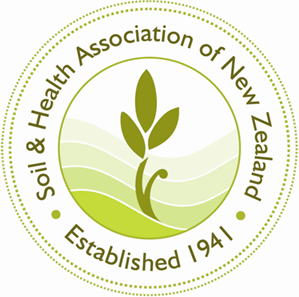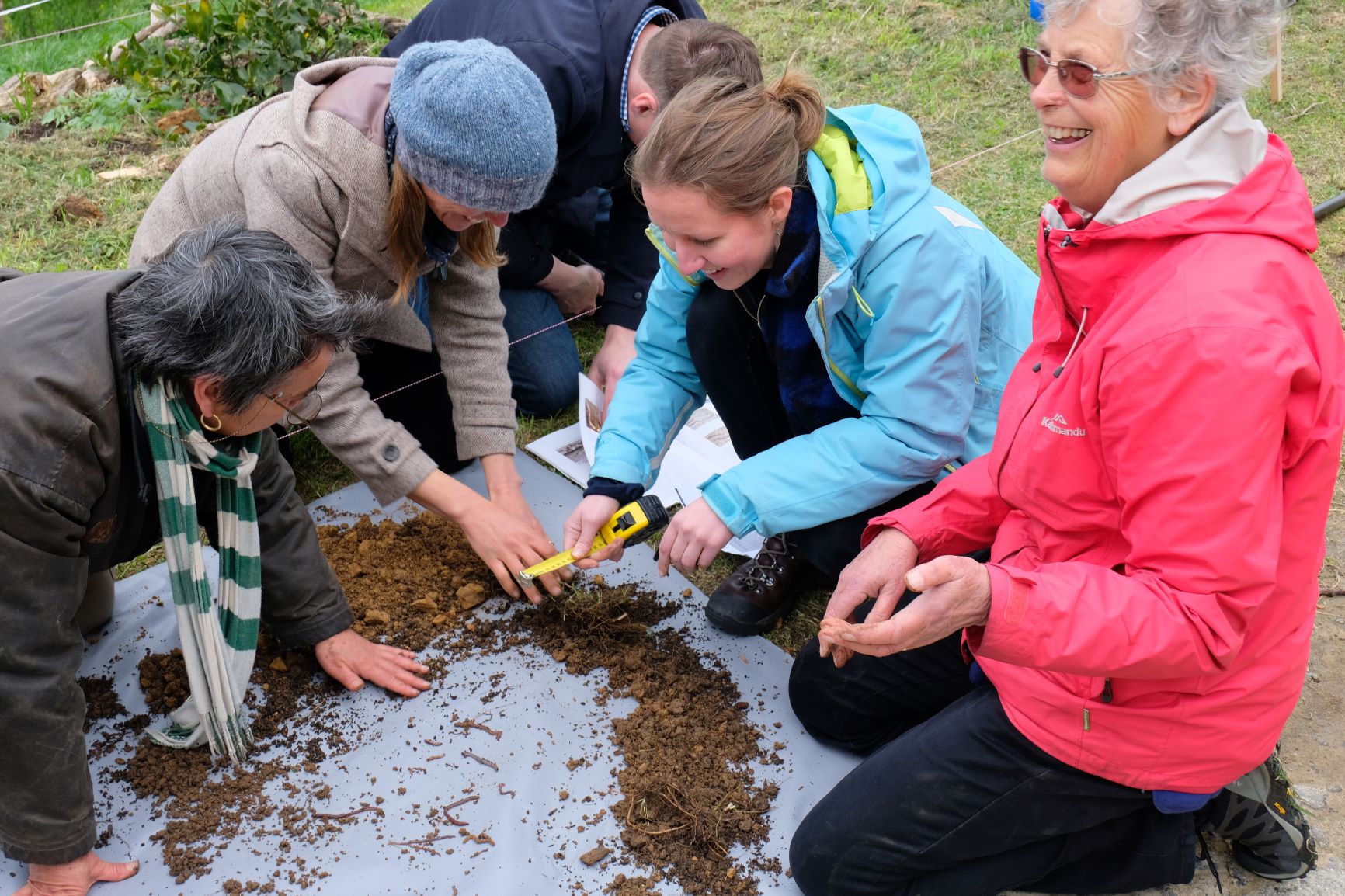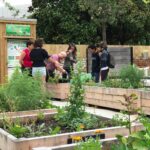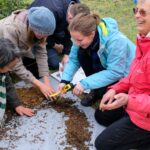2022 AGM of the Soil & Health Association
Event details
The 2022 AGM was held in Wellington on September 24th as part of a two-day event with Organics Aotearoa New Zealand (23-24 September)
The AGM began at 9.15am at the Prefab Hall, 14 Jessie Street, Te Aro, Wellington
Virtual attendance (via Zoom) was combined with in-person attendance
Draft minutes
The draft minutes of the 2022 AGM re available here: Draft minutes of the 2022 AGM
Agenda
- Welcome and light refreshments
- Attendees and apologies
- Minutes of 2021 AGM
- Election of National Council
- Reports
- Soil & Health strategic plan presentation
- Updating our constitution (discussion item)
- Remits
- Nomination of Philippa Jamieson for honorary life membership
- General business (from the floor)
- Election Results
- Close meeting (by around 11am)
Papers
- The approved minutes of the 2021 AGM are available here: Minutes of the 2021 AGM
- The Bio Gro 2022 Annual Report is available here: Bio Gro annual report 2022
- The chair’s report is available here: Chair’s report to AGM 2022
- The manager’s report is available here: Manager’s report to AGM 2022
- The draft financial statements* of the Soil & Health Association are here: Draft financial statements
- The draft financial statements* of the Soil & Health group (including BioGro) are here: Draft group financial statements
- A revised constitution, for discussion over the next 12 months, is here: Proposed revised constitution (the current constitution is available on the ‘About Us’ page)
*Note: the audit report and audited accounts are still pending.
Nominations for National Council
The following nominations were received for four vacant positions on national council.
- Barbara Collis
- Don Hunter
- Charles Hyland
- Marion Wood
These candidates were all elected at the AGM
Constitution update
We discussed a process to update our constitution, with a view to developing and then finalising any changes at next year’s AGM (2023). This work is prompted by new regulations set out by government this year
Remits
The following remits were agreed upon at the meeting:
Remit 1 (Alison White/Claire Bleakley) – Urge set up of Technology Ethics Council
That the Soil & Health National Council write to appropriate MPs in all the major political parties to urge them to (re-)establish a Technology Ethics Council that would deal with emerging technologies such as gene editing, gene therapies and their various uses, synthetic biology, nanotechnology, geoengineering and artificial intelligence.
Rationale: These new technologies are set to quite possibly negatively impact all aspects of life and the environment, and in particular present new challenges to the principles and values of the organic community. Since the disestablishment of the Bioethics Council, Toi Te Taiao, in 2009, there has been no body of independent experts overseeing the moral or ethical impacts of such technologies in New Zealand. Commercial pressures risk the voices of the organic community, tangata whenua and diverse communities being silenced or misled. We note with concern the immediate global push by powerful interests to deregulate gene editing (such a bill is currently before the UK parliament), with consequences including unlabelled food and a potential threat to organic growing. NZ and overseas organic standards do not permit any GE contamination threshold.
Remit 2 (Alison White/Claire Bleakley) – Climate change & organic agriculture
That the Soil & Health National Council write to appropriate MPs in all the major political parties to emphasise to them how vital a role that carbon cycling in a healthy soil and organic agriculture in particular can play in mitigating New Zealand’s role in climate change.
Rationale: As one of the oldest and leading proponents of organic growing in New Zealand, Soil & Health has a responsibility to raise awareness of the importance of soil health in relation to reducing carbon in the atmosphere. There is a risk that industry sectors will push high tech and profit-making solutions at the expense of a healthy and diverse ecosystem. For too long organic agriculture has been sidelined by the Government, except for exports.
Philippa Jamieson HLM nomination
The Soil & Health national council was delighted to nominate Philippa Jamieson for an honorary life membership. Philippa has played a key role in the work of soil and health over many years, including a pivotal contribution as magazine editor. The HLM nomination was confirmed at the AGM.




